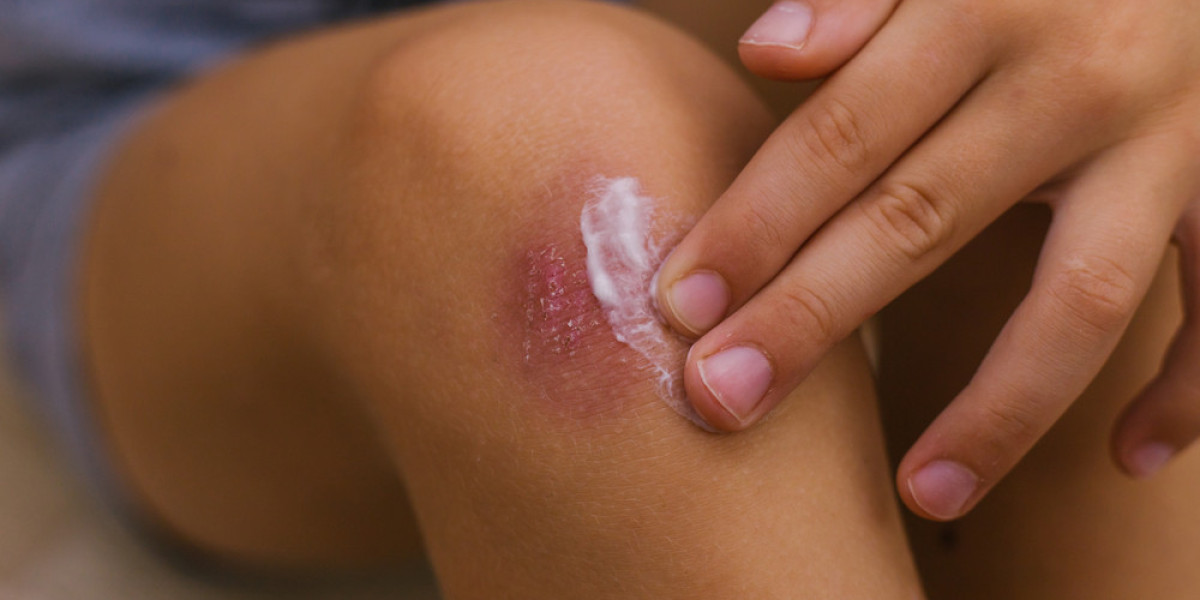Living with psoriasis isn’t just about dealing with red, scaly patches on your skin—it’s also about managing discomfort, itching, and flare-ups that seem to come out of nowhere. If you have psoriasis, you’ve likely explored different treatments, from medicated creams to prescription drugs. But what about natural remedies? Do they help?
The short answer: Yes, natural remedies can play a key role in managing psoriasis symptoms. While they won’t cure the condition, they can help reduce inflammation, soothe irritation, and support overall skin health.
If you're looking for alternative ways to manage psoriasis, or even considering professional options, you might want to enroll in a psoriasis clinical trial to explore the latest treatments available. Meanwhile, let’s take a look at some of the best natural remedies that may help keep your psoriasis symptoms under control.
What Triggers Psoriasis and Why Natural Remedies Matter?
Psoriasis is an autoimmune condition that speeds up skin cell turnover, leading to thick, flaky patches. But why do flare-ups happen? Triggers vary from person to person, but some common culprits include:
Stress – Emotional stress can worsen psoriasis symptoms.
Diet – Certain foods may contribute to inflammation.
Weather Changes – Cold, dry air can make symptoms worse.
Harsh Skincare Products – Some soaps and lotions irritate sensitive skin.
Many people turn to natural remedies because they often come with fewer side effects than traditional medications. While prescription treatments are necessary in some cases, simple lifestyle changes and home remedies can provide relief and improve your skin’s health over time.
Can Your Diet Help Soothe Psoriasis?
Absolutely! What you eat directly affects inflammation levels in your body, which can either worsen or improve psoriasis symptoms. Making small dietary adjustments may help you manage flare-ups more effectively.
Best Foods for Psoriasis
Fatty Fish – Salmon, sardines, and mackerel are packed with omega-3 fatty acids, which help reduce inflammation.
Turmeric – This spice contains curcumin, a compound known for its anti-inflammatory properties.
Leafy Greens – Kale, spinach, and arugula support immune health and fight oxidative stress.
Berries and Nuts – These are rich in antioxidants, which help protect skin cells.
Foods to Avoid
Processed and Fried Foods – High in unhealthy fats that trigger inflammation.
Alcohol – Can worsen psoriasis symptoms and interfere with treatments.
Dairy – Some people find that dairy products exacerbate their flare-ups.
Switching to an anti-inflammatory diet might not produce instant results, but over time, it can help improve your skin’s condition and reduce the frequency of flare-ups.
Are There Natural Skincare Remedies for Psoriasis?
Yes! The right skincare routine can make a big difference in managing psoriasis. Many natural remedies can help keep your skin hydrated, reduce inflammation, and ease itching.
Best Natural Remedies for Skin Relief
Aloe Vera – Known for its cooling and soothing properties, aloe vera can help reduce redness and irritation.
Coconut Oil – Acts as a natural moisturizer that locks in hydration and prevents excessive dryness.
Oatmeal Baths – Helps soothe itching and inflammation when added to warm bathwater.
Apple Cider Vinegar – Useful for scalp psoriasis; diluting it with water can reduce itchiness and flakiness.
How to Use Them Effectively
Apply coconut oil or aloe vera directly to affected areas.
Soak in an oatmeal bath for 10–15 minutes.
Avoid harsh soaps and use fragrance-free lotions to maintain skin health.
Consistency is key! These remedies won’t work overnight, but regular use can help reduce irritation and improve overall skin comfort.
Can Sunlight and Supplements Help Manage Psoriasis?
Sunlight and Vitamin D
Sun exposure can be beneficial for psoriasis, as it helps your body produce Vitamin D, which plays a role in immune function and skin health. However, too much sun can lead to burns, which may trigger flare-ups, so moderation is important.
Helpful Supplements for Psoriasis
Vitamin D – Helps regulate skin cell growth and immune response.
Omega-3 Fatty Acids – Found in fish oil, these reduce inflammation and may improve skin texture.
Probiotics – Supports gut health, which is linked to immune function.
Turmeric (Curcumin) – A natural anti-inflammatory that can help with psoriasis symptoms.
Before starting any supplement, it’s always best to consult with a doctor to ensure it’s safe for you.
When Should You See a Doctor?
Natural remedies can be helpful, but they’re not always enough. It’s important to know when to seek medical advice. If you experience any of the following, it might be time to see a dermatologist:
Your psoriasis is worsening despite home treatments.
You experience persistent pain, discomfort, or cracking skin.
There are signs of infection, such as swelling or pus.







